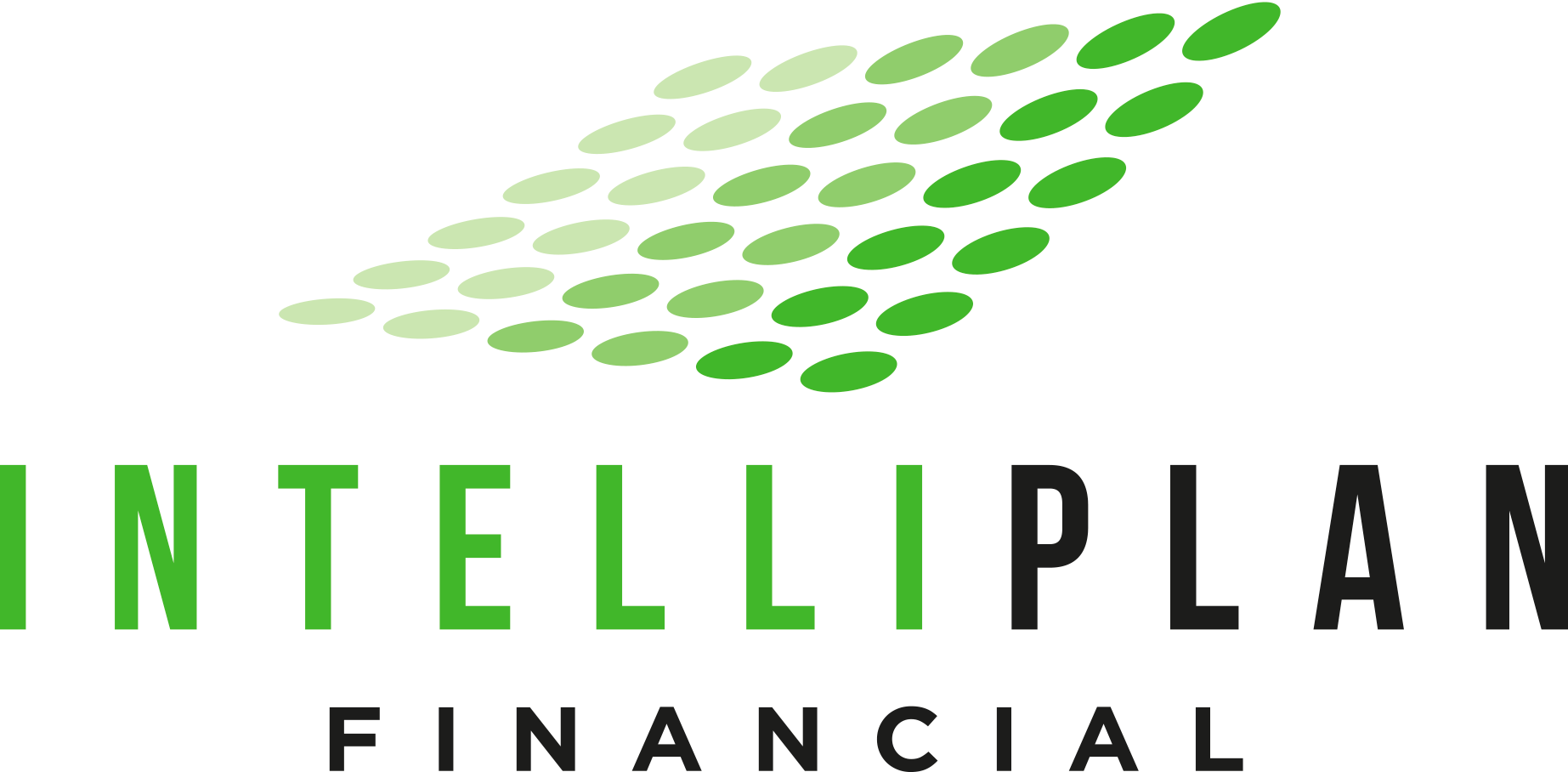A holistic financial plan is a personalized process that takes into account all aspects of your life and goals, including investments, taxes, insurance, retirement income, social security and estate planning. It’s designed to meet your needs throughout your lifetime, from early adulthood through your retirement years.
Holistic financial planning is a personalized process that coordinates all key financial areas of your life so you can meet your financial goals.
Holistic financial planning is a personalized process that takes into account all key financial areas of a person’s life and their goals. The process of holistic financial planning takes into account your unique goals, and circumstances, while coordinating your investments, taxes, insurance, retirement income, social security and estate planning needs.
It’s not a one-size-fits-all approach. A good holistic financial professional will work with you to understand where you are now financially, what you want out of life, and create an action plan to get you there. This is more than just looking at your income versus expenses; it means understanding what makes sense for each person’s situation in terms of lifestyle spending, how taxes will affect you in retirement, maximizing your social security and making sure you protect what matters most – your family.
Holistic financial planning is also about working together as a team over time to help clients achieve their dreams and reach their full potential as individuals rather than just focusing on short term savings goals such as saving for college or buying a home in the next five years (which may be unrealistic). As with any partnership built on trust – it requires ongoing collaboration between both parties involved: the client/financial professional relationship should be an ongoing dialogue between those who understand what works best together!
Your holistic financial plan should look at how much income you will have throughout retirement to ensure that it’s aligned with your ideal lifestyle.
Your holistic financial plan should look at how much income you will have throughout retirement and reduce retirement income gaps to ensure that it’s aligned with your ideal lifestyle.
Income needs to be enough to cover your expenses, but not so much that you can’t live comfortably. An income that is consistent and predictable will help provide a sense of security during retirement. Income also needs to be sustainable—if it’s unstable or unpredictable, there could be issues down the road (e.g., an unexpected drop in income due to taxes or market loss). Finally, your income needs to be reliable so that you can plan ahead with confidence and know exactly what your financial situation looks like over time.
Setting up a dependable investment strategy is another important aspect of a holistic financial plan.
A dependable investment strategy is another key aspect of a holistic financial plan. As you’re planning for your future, you’ll want to make sure that your investments align with your goals, that they’re diversified, and that they can withstand market volatility. Your investment strategy should also be flexible enough to adapt to changing circumstances in the real world and should not create an unexpected income gap in retirement due to a drop in the stock market.
The key to creating a holistic financial plan is to have a clear understanding of your goals and risk tolerance. Once you’ve established that, you can make informed decisions about the types of investments that are right for you.
Alongside the investments made during your working years, your holistic financial plan will include strategies for managing and preserving a portion of your assets in retirement.
When you’re retired, your financial situation changes. You have income sources and expenses that are new to you and it can become complex coordinating all your assets in retirement. Alongside the investments made during your working years, your holistic financial plan will include strategies for managing and preserving a portion of your assets in retirement.
The biggest mistake people make is that they do not preserve a portion of their retirement savings. They continue to invest as if they are preparing for retirement a long way out, when they are actually already retired or about to retire. The problem with this is that when the market has big corrections, as it always does, and you’re taking distributions, you’re essentially forced to sell your investments for income when the market is down. You can never make that money back and you could deplete your savings much faster as a result. This is how you run the risk of running out of money later in life.
You’ll also want to consider what happens if you need long-term care at some point in the future—many people don’t like thinking about this possibility but it’s important to be prepared if it should happen.
You’ll want to consider income tax planning, estate tax planning and other types of tax planning when setting up your holistic financial plan.
You’ll want to consider income tax planning, estate tax planning and other types of tax planning when setting up your holistic financial plan. Tax planning may help minimize taxes on your retirement income, Social Security benefits and distributions from retirement accounts.
Tax planning is especially important when it comes to your Social Security benefit. Social Security retirement benefits are taxed based on your provisional income (Provisional Income = Adjusted Gross Income + Non-taxable interest + 1 ½ of Social Security benefits). The good news is you may not have to pay ANY taxes on your benefits. Depending on what your provisional income is, either 0%, up to 50%, or up to 85% of your benefits received could be subject to federal income tax.
Tax planning is also crucial for estate planning. The right tax strategies can help reduce the size of your taxable estate, which in turn may reduce estate taxes. If you have a lot of assets and aren’t sure how to manage them, talk to a financial professional who can help create a holistic financial plan that includes tax planning strategies.
The importance of Working With A Holistic Financial Professional
People who currently work with a financial advisor often dismiss working with a different financial advisor (especially one they’ve just met). Since they’ve worked with a financial advisor for several years to accumulate wealth, they can also help with planning their distribution of income in retirement, right? Well, not so fast. Now, obviously if you work with your current financial advisor to plan your distribution of income in retirement you’re going to get much better advice than if you did it yourself.
Here’s something to think about: Most investment advisors and wealth managers specialize in accumulating assets – not the distribution of your assets.
In fact, the path toward saving for retirement is much simpler than planning for sustainable income in retirement because there are so many more moving parts to consider such as Social Security, Taxes, Investments, Insurance, and Estate Planning.
Our expertise is in planning for the distribution phase, this is where we focus on helping pre-retirees and retirees through retirement. Our holistic retirement income strategies will put your mind at ease and optimize all of your assets to work collectively towards your goals. That way you can make smarter financial decisions and live a better life.
Conclusion
As you can see, a holistic financial plan is a big undertaking that takes time and effort. But the good news is that a holistic financial professional will be there every step of the way to help you make sure this process goes smoothly. So don’t hesitate to contact us today if you’re ready to create the best plan possible for your future!
Financial Planning and Advisory Services are offered through Prosperity Capital Advisors (“PCA”), an SEC registered investment adviser. Registration as an investment adviser does not imply a certain level of skill or training. Intelliplan Financial and PCA are separate, non-affiliated entities. PCA does not provide tax or legal advice.







